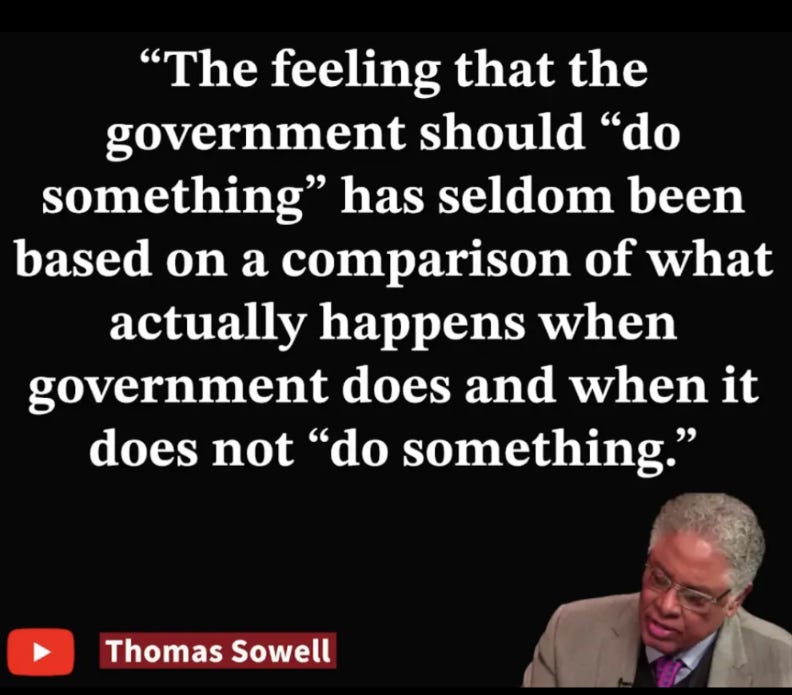The breakdown of liberal democracy's accepted truths is a common theme behind growing national and international unrest and violence. The machinery of our democracies cannot keep up with the changing dynamics of our world. Just as the post-WWII global order is breaking down in a deglobalising world, so are the organs of constitutional democracies unable to cope with changing domestic agendas and how we are informed about the world. Historic feelings of injustice under the old international order have already led to hot wars in Eastern Europe and the Middle East. Many others simmer below the geopolitical surface, with grievances fueled by newsfeeds that we can all publish and republish.
In the UK, the social cost of immigration falls disproportionately in its poorest areas, igniting recent outbreaks of vile thuggery in many of our hollowed-out regional towns and cities. While the citizens of London's leafy boroughs and dormitory shires see immigration as providing cheaper childcare, Uber drivers, and potentially a source of tax-generating economic growth, the citizens of Hartlepool take a different perspective.
Liberal policies were conceived as noble causes by a generation determined to learn the lessons of two world wars. But, as Thomas Sowell noted, all policies have trade-offs; they cause second— and third-order problems, often overwhelming the positive aspects of their original intention. Despite this, Western governments have pursued such policies often regardless of their unintended consequences, frequently disregarding their lack of support or even hostility from their citizens, opening up bitter social and political divides.
Anyone who has lived in the UK for the last decade is familiar with the constitutional convulsions and political skullduggery employed on each side of the Brexit debate before the UK finally "got Brexit done" in January 2020. Enacting the democratic mandate to leave the EU took five years and expended much political capital, including two prime ministers. Frustrations that it hasn't delivered a decline in the number of illegal migrants coming to the UK have contributed to recent unrest.
However, Brexit's tortuous realisation epitomised the democratic gold standard compared to Parliamentary approval of the UK's legally binding commitment to reach zero net carbon emissions by 2050. Popped onto the legislative agenda to show cross-party unity during the bitter Brexit dramas, the Bill was debated for just 88 minutes before being nodded through by MPs from both main parties.
The economic and financial consequences of this commitment have never been scrutinised. Yet, the dramatic rise in interest rates and visible consumer resistance to the sacrifices demanded to achieve this target makes its delivery a realistic impossibility. This realisation is causing social unrest on the progressive left, with groups like Just Stop Oil spraying orange paint at airports and national monuments and blocking roads and bridges.
In a recent Substack piece, Gurwinder compared the unrest we have seen in the UK this year from the anti-immigration far right and the pro-net-zero progressive left. He described the two camps as sharing the traits of what he calls neotodderlism, where society encourages activists to behave like infants. He takes it on,
The ease with which dramatic behaviour gets attention online has convinced many political activists that a better world doesn't require years of patient work, only a sufficient quantity of drama. Many activists on both the Left and Right now hope to bring about their ideal world the same way a spoiled brat acquires a toy they've been denied: by being as loud and hysterical as possible. This is neotoddlerism, the view that utopia can be achieved by acting like a three-year-old.
Later, he continues,
The neotoddlers, being impulsive short-term thinkers, have only broad demands but no rational way to achieve them. Anti-immigrant activists chant "Get them out!" as if there weren't a host of legal and logistical challenges to doing so. Climate activists chant "Just stop oil!" as if that wouldn't cause Western civilisation to regress technologically backwards into an age of famine, war, and superstition.
However, Gurwinder's analysis misses the economic foundation of our current growing unrest, the unsustainable levels of sovereign indebtedness. This issue blew into full view last week with the unwinding of the shadowy Japanese carry trade, which took chunks out of the value of Japanese equities, leading to multiple aftershocks in global markets.
We witnessed the consequences of Japan's ambition to normalise its very abnormal interest rates to be more like those commonly found in other developed economies. This adjustment proved tricky, considering its debt is at 250% of GDP.
However, the dirty secret of Japan's low rates was how much the world had used them to fund its liquidity requirements elsewhere. Although the carry trade was a known source of potential instability, it was never possible to know the timing of its moment of instability. Investors needed to unwind their positions, sell assets, and buy back their borrowed Yen. As is often the case in these situations, the unwind started slowly but proceeded very quickly.
This reflexive market reaction resembled last year's regional banking crisis and the prior year's UK LDI gilt death spiral. However, whereas these domestic events were measured in the billions, this cross-border event is in the trillions and coincided with an increasing fear that the global economy and its star component, the US economy, was starting to slow quickly. What appeared before investors were the classic ingredients of a debt-deflationary spiral, the combination that sunk Japan's overachieving economy of the 1980s.
It is difficult to overestimate the scale of Japan's decline over the subsequent 30 years. Some estimates put the cost of Japan's debt deflation in the 1990s at twice that of the 1930s Great Depression in the United States. Today, with rates stuck 500 bps below those in the US, Japan’s downtrodden citizens are still paying the price for the prior generation's debt-fueled expansion. The fact that Japan has barely ever recorded any social unrest or civil disorder over this period is a testament to its unique and unadulterated social culture, unimpeded by neotoddlerism.
One week after the Yen carry trade's common knowledge exposure, the questions are: Is this another flash crash or the unravelling of a systemic problem? Does it prevent the expected rate cutting elsewhere, notably in the US?
After one day of spiking market volatility, the BoJ made a statement, likely following phone calls with the Federal Reserve and the US Treasury.
We won't raise interest rates when financial markets are unstable…As we're seeing sharp volatility in domestic and overseas financial markets, it's necessary to maintain current levels of monetary easing for the time being.
This apparent Japanese capitulation puts everything on hold but, critically, does not solve the underlying problem. Is it possible that the US has pledged not to cut rates further until a coordinated approach is agreed? Japan owns many trillions of overseas assets, and its prime collateral is US treasury bonds. So, a mutually beneficial outcome could yet be negotiated.
Just in time, the Kansas City Fed hosts its annual central banker summer getaway at Jackson Hole later this month. Fittingly, this year's title is Reassessing the Effectiveness and Transmission of Monetary Policy. It could only be more pertinent if they'd called it What Can We Do About A Problem Like Japan?
Meanwhile, other nations attending the Wyoming shindig are desperately trying to fix their monetary and fiscal positions. Dr Doom Nouriel Roubini accused Treasury Secretary Yellen of interfering with the Fed via her Activist Treasury Issuance policy, kicking the fiscal consequences of current-year spending beyond the November election.
Chancellor Reeves has blamed her restrictive UK fiscal constraints on her predecessors. She has been trying to redefine the scope and definition of the UK public debt to get some wiggle room ahead of her September budget. She no doubt saw this tactic used by her previous employer, HBOS, when things got tight ahead of the GFC, which didn’t end well.
The unavoidable conclusion for the policymakers gathering below the majestic Grand Teton mountains in ten days is that where Japan treads today, we all go tomorrow. The US federal debt, estimated at $37tn, is growing at $1tn every 100 days. Without some drastic and impossible-to-imagine change of political course, western democracies are turning Japanese rapidly. We cannot know the timing of when the instability of these debt burdens triggers broader financial or societal uncertainty. However, our neotoddler tendencies also mean we won't have to wait 30 years to find out.










